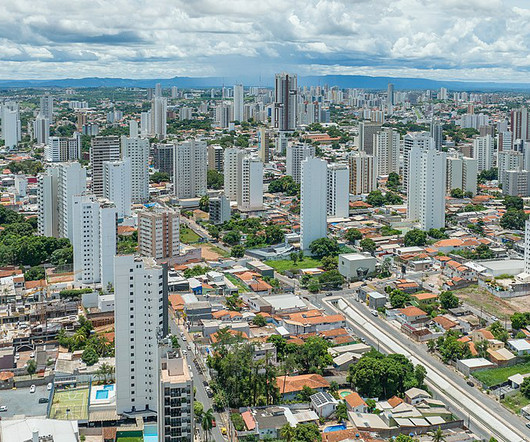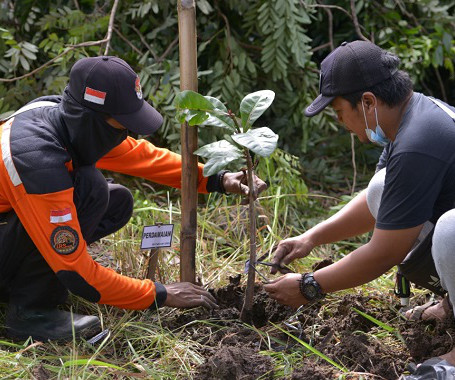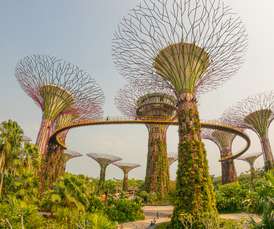Geothermal cooling research ongoing at Mato Grosso, Brazil
ThinkGeoEnergy
DECEMBER 12, 2023
A research project is ongoing to evaluate the viability of geothermal cooling for agro-industrial buildings at the Federal University of Mato Grosso (UFMT) in Brazil, in partnership with the University of São Paulo (USP). The project is supported by the State Government through the Mato Grosso Research Support Foundation (FAPEMAT).














Let's personalize your content